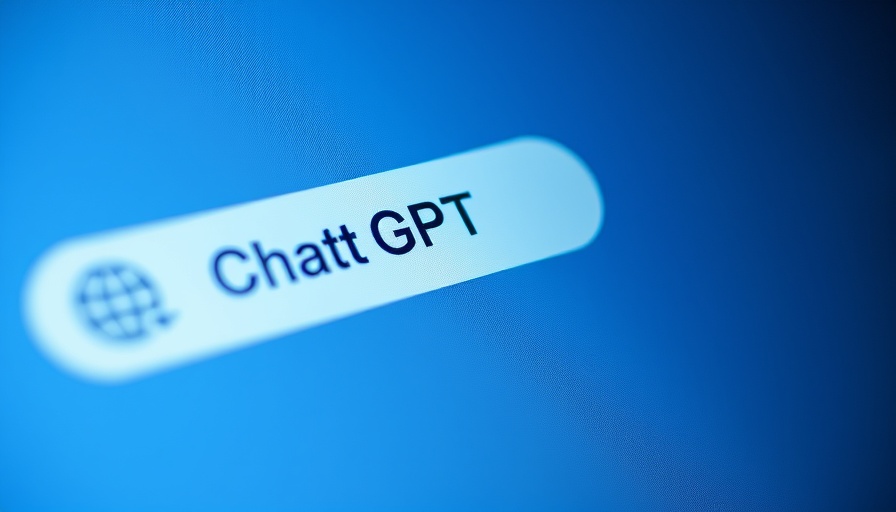
Understanding the Ruling: AI and Fair Use
In a groundbreaking decision, federal judge William Alsup ruled that Anthropic did not violate copyright laws by training its AI using copyrighted books without the authors' consent. This ruling marks a significant moment in the ongoing debate over the legality of using copyrighted materials in the field of artificial intelligence. The judgment leans on the concept of "fair use," which allows for the use of copyrighted content under certain conditions. But with laws surrounding copyright being outdated since 1976, this case opens the floor for a deeper discussion on how laws can—and should—adapt to modern technology.
The Implications for Authors and Creators
The ruling, however, isn’t a flat win for tech companies; it’s a complex landscape that leaves many authors and artists feeling vulnerable. Many individuals alongside organizations are currently involved in litigation against major tech firms like OpenAI and Meta, arguing that their work is being used without appropriate acknowledgement or compensation. The broader implications of this ruling may shift the balance between copyright protection and technological advancement.
Legal Precedents and Future Directions
This case, known as Bartz v. Anthropic, is being closely watched as it might influence future judicial decisions around the use of AI in relation to copyrighted material. The fact that this is the first ruling to acknowledge "fair use" for AI training could provide a template for future cases. Whether it becomes a universally applicable standard remains to be seen, especially as many aspects of copyright law are still being debated in court.
Understanding Fair Use: A Double-Edged Sword
Judge Alsup’s ruling highlighted a critical tension within copyright law: while some uses of copyrighted work can be considered fair use—such as for educational or transformative purposes—this determination is subjective. Factors such as the economic impact and the nature of the new work play integral roles. As technology continues to advance rapidly, this gray area creates fertile ground for disputes.
The Concerns Over Piracy
While the court ruled in favor of using copyrighted works as training data, Judge Alsup made it clear that the legality surrounding how those works were obtained is another matter entirely. Authors accused Anthropic of sourcing millions of books from pirated websites, which raises significant ethical and legal questions.
What Lies Ahead for AI and Copyright?
The legal landscape surrounding AI will inevitably evolve as technology progresses. As of now, debates surrounding the equilibrium of fair use in AI systems are gaining traction, and we could be on the cusp of a significant shift in how artificial intelligence interacts with old laws.
Your Thoughts and Action Steps
As busy entrepreneurs and creators, you may want to consider the implications of this ruling on your own work. Could future AI developments impact the way you produce content? It’s clear that staying informed with the latest AI trends and top AI tools is vital in adapting your strategies effectively in this rapidly evolving field. Embrace learning about AI and how it intertwines with legal frameworks—knowledge could be your greatest asset in an era where technology and copyright challenge traditional paradigms.
Express your thoughts on this issue and how it might affect you as a creator, entrepreneur, or professional in the comments below. We want to hear from you! Also, consider following our weekly AI roundup for insights into how to best navigate this complex world.
 Add Row
Add Row  Add
Add 




 Add Row
Add Row  Add
Add 

Write A Comment